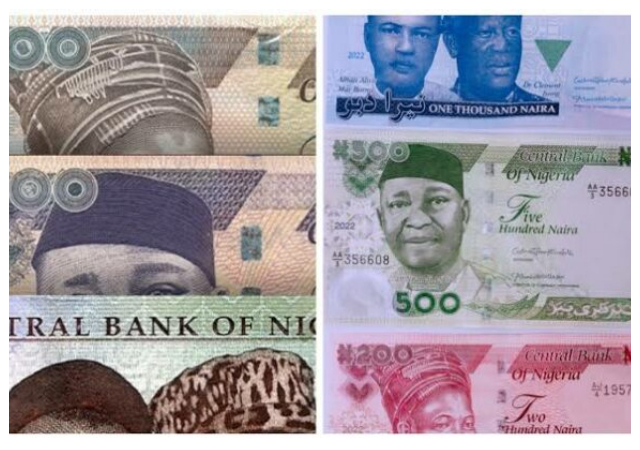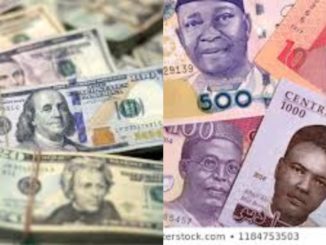
Nigerians have expressed their displeasure about the growing Naira shortage on numerous social media channels.
The naira shortage occurred about a year and a half after Nigerians endured a comparable experience in 2022.
Remember that there was a cash shortage after the CBN’s Naira redesign strategy, which was put into effect between December 2022 and February 2023, until the Supreme Court extended the deadline to December 31, 2023.
On the other hand, the federal government eventually requested that this extension be terminated.
There are reportedly huge lines at numerous Deposit Money Bank Automated Teller Machines across the nation, or the machines are not distributing cash at all.
Nigerians have expressed their disapproval of the situation and their desire for the federal government to act immediately in a national uproar.
Popular Nigerian musician Yemi Alade tweeted on December 14 on social media, bemoaning the state of affairs. “Some branches have a 5000 naira limit for over the counter cash withdrawals !!! Which coven is CBN operating with?”
A tweep identified as @Brilliant_Arin, also tweeted,”One can’t withdraw more than 10k at ATM stands. The security man said they’ve started packing old notes to stop its circulation.
“We’re back to the zero hour, naira scarcity that went round in Jan/Feb is about to repeat itself. What a country, lol.”
Another tweep, identified as @Toluspin, tweeted,”Another naira scarcity? Lmaoo, APC will make sure you people hit your limit by force.”
Also as a result of the situation, it has been reported that Point of Sale service providers nationwide are increasing fees for cash deposits and withdrawals by more than 50% in certain areas, citing a scarcity of naira in banks.
According to a report from Nairametrics, certain POS operators in cities like Lagos and Abuja have raised their transaction fees. These operators are facing challenges accessing Naira from banks or ATMs.
For instance, in Karu, Abuja, a POS operator mentioned increasing the charge from N200 to N250 for a N10,000 transaction, marking a 25% rise in fees.
In another area of Abuja, at Aya junction, Ms. Felicity, a POS service provider, now charges N200 for N5,000 and N300 for N10,000, indicating substantial increases of 100% and 50% respectively in transaction fees.
According to The PUNCH, the NLC president, Joe Ajaero, stated,“Fresh in the minds of every Nigerian is the excruciating conditions that we were subjugated to as a result of the last cash crunch earlier this year that was orchestrated by the ill-conceived and ill-implemented currency redesign policy of the immediate past. The sorrow that botched exercise foisted on us is not what Nigerians wish to witness again in one year.
“This time, there is no discernible reason by the Central Bank of Nigeria, neither any explanation from the government on why Nigerians should be subjected to this level of suffering once again in 2023; though we have heard reasons like the increase in fake notes in circulation and the hoarding of the naira.
“These reasons are clearly unacceptable as we cannot see anything that will make any Nigerian hoard the naira. In any case, it is not the ordinary Nigerian that hoards money in their houses.”
Ajaero further stated,”The question then is, should the ordinary citizens be made to suffer the apparent incompetence of government in prosecuting the anti-corruption war, or is it that there is actually no anti-corruption war going on?
“Nigerians are spending more time in the banks, trying to source for cash not for monies that are not in their accounts, but for their own money.
“This is undermining confidence of the public in the banks, and may discourage the citizenry from participating actively in banking. It is shameful that Nigerians would have to spend a lot of money to gain access to their hard-earned income.
“We are creating another avenue for economic rentiers such as the PoS operators and their collaborators in the banks to fleece Nigerians. Subjecting us again to spend our meagre salaries buying our money automatically devalues our income.”


